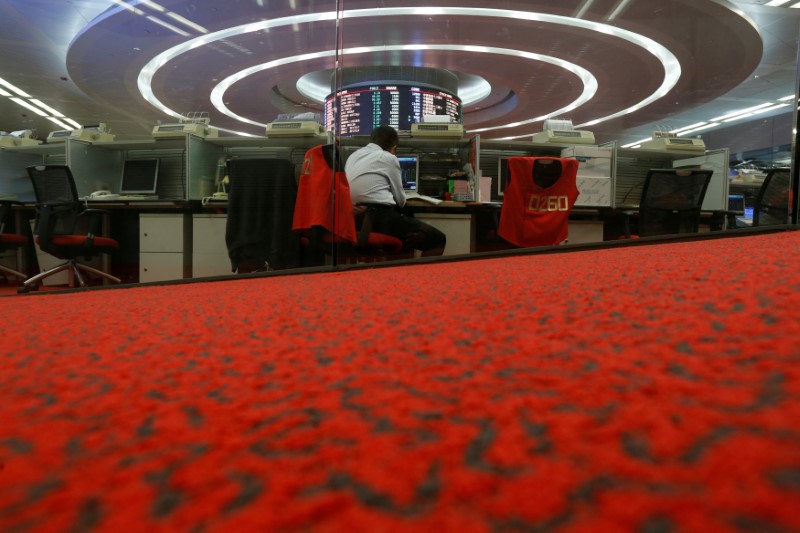By Elzio Barreto
HONG KONG (Reuters) - Hong Kong stock exchange's plans for a new board to allow sweeping changes to its listing rules could lure a slew of technology startups, though they are less likely to attract Chinese firms already listed overseas.
Major Chinese firms including Alibaba Group Holding Ltd (N:BABA), search giant Baidu Inc (O:BIDU) and e-commerce platform JD.com Inc (O:JD) all picked New York over Hong Kong for initial public offerings (IPOs). So the new rules offer Hong Kong a chance to bring the tech titans closer to home with a secondary listing.
But bankers say these companies are not likely to get a big pickup in valuation or trading activity to justify the cost and regulatory burden of a secondary listing.
"The appeal for unlisted companies is more obvious than for already-listed companies, especially for the non-giants. If your market cap exceeds $10 billion, your liquidity and valuation is global," said Kai Fang, head of equity capital markets at boutique investment bank China Renaissance, which has advised on some of China's top technology deals.
Hong Kong Exchanges and Clearing (HKEX) (HK:0388), which operates the stock exchange, unveiled a proposal on Friday for a new board that would allow companies with share structures providing special voting rights, and those yet to make a profit, to list.
They were the two key hurdles that prompted Chinese startups to choose New York instead of Hong Kong for IPOs.
If approved, the changes could be implemented at the beginning of 2018, HKEX chief executive Charles Li said on Friday.
Potential new business for the exchange could be significant.
Chinese companies targeted by the new board raised IPO funds of $49 billion in the past 10 years, including $34 billion raised by mainland companies that listed in the United States with weighted voting rights structures, the HKEX said. Those included Alibaba, Baidu and JD.com. Another $15 billion was raised by Chinese companies that had yet to make a profit.
Such a voting-rights structure is critical for many unlisted Chinese firms such as ride hailing company Didi Chuxing, Ant Financial and food delivery provider Meituan-Dianping. The three companies, with a combined valuation of about $130 billion, have different classes of stock to give founders control of the companies.
"They're trying to attract some of the high profile companies that have dual class structures and wouldn't list here otherwise," said an investment banker who worked on recent Chinese technology listings in the United States and who declined to be identified. "Without those changes, these companies just won't come to Hong Kong, full stop."
Still, some companies with little turnover or low valuations overseas might seek a secondary listing in Hong Kong to bolster their prospects, including Chinese firms that had been considering a delisting from New York.
Manchester United (N:MANU), which scrapped a Hong Kong IPO because of its dual share structure, could get a boost from Asian investors appetite for sports-related assets, the bankers said.

"If you're looking at some companies that have relatively low liquidity in the U.S., then the dual listing could make sense," Fang added. "The Hong Kong stock exchange is trying to find a way to lure some companies that might originally achieve a premium valuation in Hong Kong, but due to the voting rights issue they choose to list somewhere else."